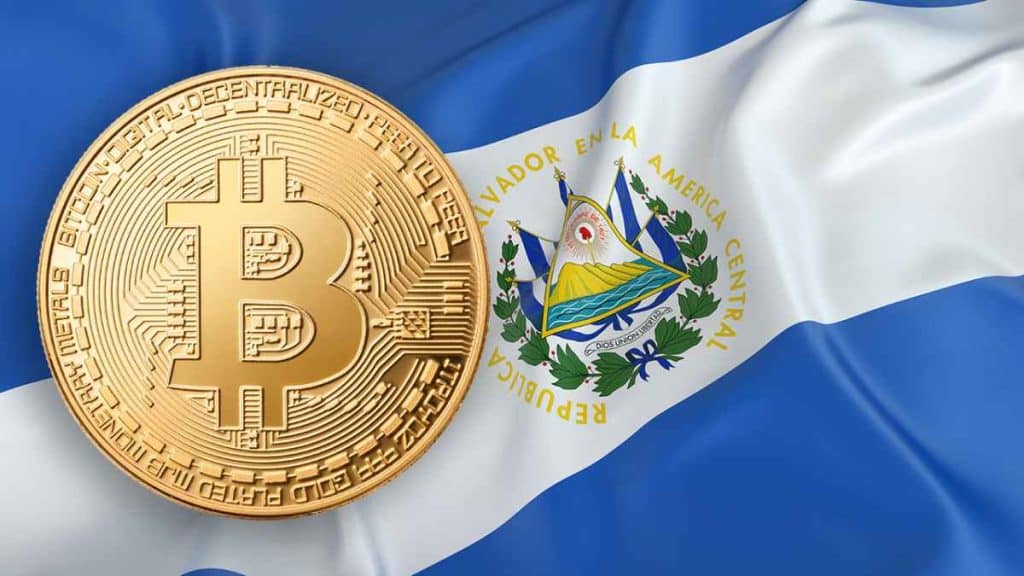In the past few years, the rise of cryptocurrencies has catalyzed substantial transformations in the international financial realm. Notably, the advent of Immediate GPT, an online trading platform and decentralized digital currency, has garnered remarkable prominence. Although its influence resonates globally, this article uniquely investigates its implications within the Latin American context, elucidating the distinct economic prospects and hurdles entailed by the region’s embrace of Bitcoin.
The Rise of Bitcoin in Latin America
A New Financial Paradigm
Situated at the intersection of technological progress and economic reshaping, Latin America, characterized by a range of economies and differing degrees of financial inclusion, confronts a pivotal juncture. Bitcoin, frequently lauded as the equivalent of “digital gold,” emerges as a compelling solution to the quandaries posed by conventional financial structures marked by inflation and restricted accessibility. Through its decentralized framework, Bitcoin holds the promise of empowering segments of the population underserved by established banking establishments.
Addressing Economic Instability
Across numerous Latin American nations, a legacy of economic turbulence marked by currency volatility and substantial inflation rates has eroded the resilience of savings. In this context, Bitcoin’s inherent attributes of finite supply and deflationary characteristics emerge as an appealing avenue for wealth preservation. This appeal gains particular significance within economies where conventional investment avenues may fail to offer the sought-after stability, presenting Bitcoin as a potential solution for individuals aiming to safeguard their financial assets.
Challenges in Bitcoin Adoption
Regulatory Uncertainty
Amid the discernible advantages of Bitcoin, the prospect of its broader adoption remains dimmed by the cloud of regulatory ambiguity. Latin American governments have exhibited a spectrum of stances towards cryptocurrency regulation, spanning from prudent acknowledgment to complete prohibition. This heterogeneous landscape engenders a complex milieu for enterprises and individuals seeking involvement with Bitcoin, as the absence of consistency introduces formidable hurdles.
Volatility and Risk
Bitcoin’s widely recognized price volatility continues to capture international attention. Within the framework of Latin America, where apprehensions about financial risk frequently loom large, this volatility takes on a nuanced significance. While offering enticing prospects for traders, it simultaneously sparks apprehensions among individuals seeking stability and security for their financial holdings.
Opportunities for Socio-Economic Inclusion
Remittances and Financial Access
Latin America boasts a substantial diaspora, a considerable portion of which sends remittances to their countries of origin. The inherent borderless quality of Bitcoin, coupled with its comparatively modest transaction fees, positions it as a transformative force in the remittance landscape. For migrant laborers, this presents the prospect of cost savings and expedited cross-border transactions, thereby potentially augmenting financial accessibility and well-being for their families.
Fostering Innovation
Beyond its role in currency, the underlying blockchain technology of Bitcoin carries ramifications across multiple domains. Its capacity for catalyzing innovation spans sectors like supply chain management and healthcare. In the context of Latin America, renowned for its dynamic startup ecosystem, the integration of blockchain holds promise. By bolstering transparency, security, and operational efficiency, this technology stands to empower diverse industries throughout the region.
The Road Ahead
Education and Awareness
Unlocking Bitcoin’s potential in Latin America hinges on prioritizing education and awareness. A foundation of lucid, easily comprehensible insights into the merits and perils of cryptocurrency is imperative to cultivate informed choices among both individuals and enterprises. Governments and institutions have a pivotal role to play in furnishing impartial resources that empower users with the knowledge required to navigate this landscape effectively.
Collaboration between Government and Industry
Effectively navigating the intricacies of cryptocurrency adoption in Latin America necessitates robust collaboration between governmental entities and industry participants. An equilibrium-focused regulatory framework, striking a harmony between promoting innovation and mitigating potential misuse, stands as a pivotal cornerstone for cultivating the expansion of the cryptocurrency ecosystem within the region.
Conclusion
As Latin America grapples with economic challenges, Bitcoin emerges as a disruptive force with the potential to reshape financial landscapes. While regulatory hurdles and volatility remain, the opportunities for financial inclusion and innovation cannot be ignored. The region stands at a pivotal juncture, where strategic decisions and collaborative efforts can pave the way for a more economically inclusive and technologically advanced future.
In essence, the embrace of Bitcoin in Latin America encapsulates a dual narrative of potential advancements and unresolved uncertainties, mirroring the overarching global discourse surrounding the trajectory of the financial landscape.

